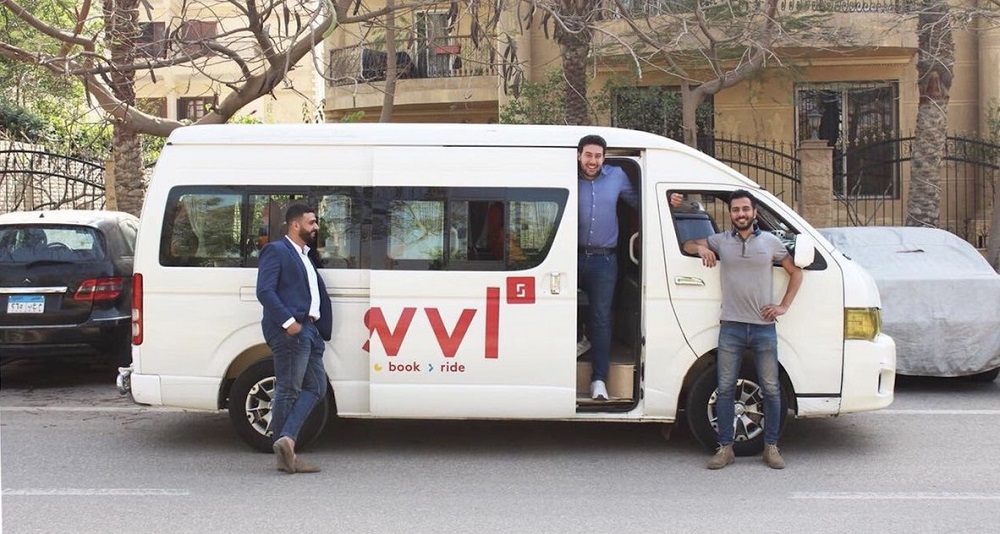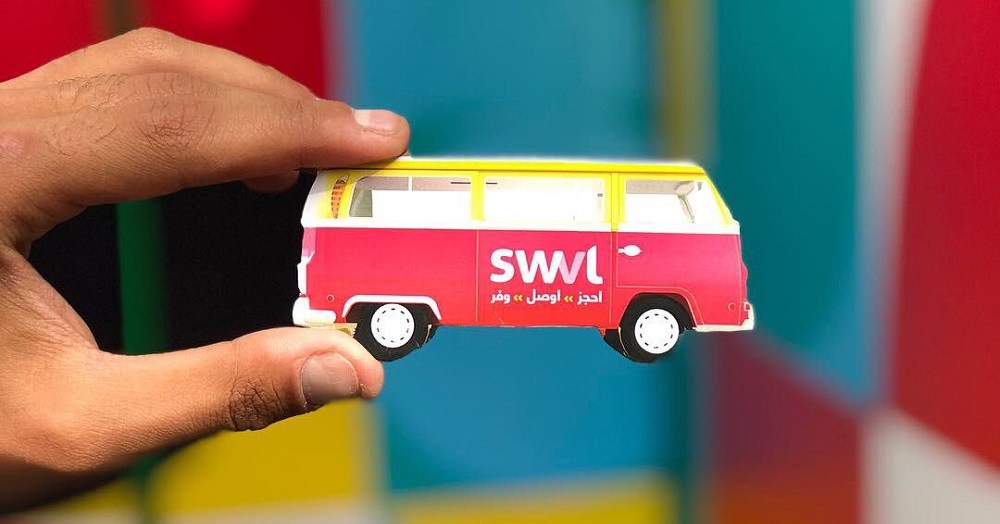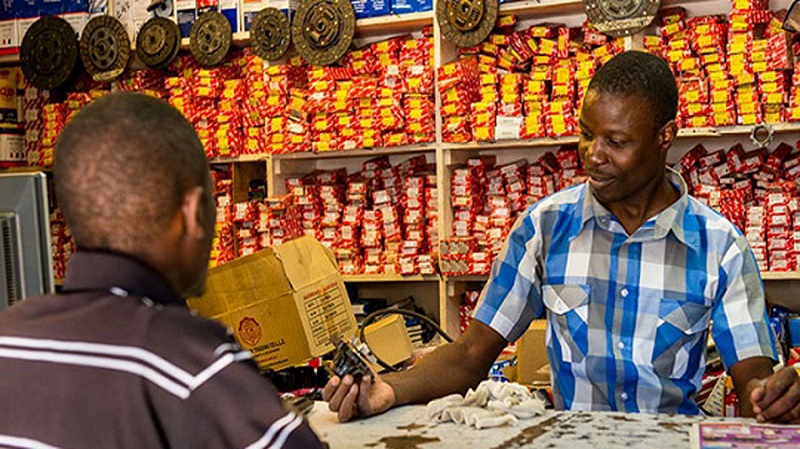Mobility addresses both the movement of people and goods and sits at the intersection of both the physical and digital worlds. The broad application of technology to challenges that require attention to both technological and operational factors is yielding exciting developments globally that may fundamentally change how both people and goods move across small and large geographies and are particularly suited to technology-led African businesses.
While in more developed markets, much of the entrepreneurial and early-stage investing activity is focused on the disruption of existing supply chain and transportation modalities, here in Africa, digital mobility players are building the infrastructure that supports future economic growth and development. Technology-enabled mobility startups play a role in building modern and sustainable infrastructure (and substitutes) that support economic development; the expansion of these activities should be encouraged by local and national governments as complementary to their own infrastructure development efforts.
Nigeria, like many emerging market countries, enjoys strong population growth and will, in the near future, see its population concentrate further in urban areas that, according to UNDP megacity projections, will include: Lagos, Ibadan, and Kano. Increased urbanization will likely strain existing infrastructure and urban planners and governments may struggle to meet the needs of more densely populated geographies in domains that range from housing, jobs, and sanitation to transportation.
Currently, residents have a narrow range of transportation alternatives that include public bus networks, extensive mini-bus services, private cars, taxis and, more recently, ridesharing services (e.g., Uber, Bolt, etc.) This transportation infrastructure will likely be insufficient to meet the needs of an increasingly concentrated population and, while governments and government-related entities are making investments to improve infrastructure, we believe that the private sector and, in particular, technology-enabled startups, could build businesses that address these transportation issues in ways that minimize environmental impact in collaboration with those stakeholders.

The growth of businesses focused on two-wheel solutions (e.g., motorbikes, e-bikes and scooters) receive a material amount of media attention. But other business models also offer market-appropriate, mobility-enabling solutions. In particular, we believe that a business model focused on bus sharing could be successful across Africa and emerging markets globally.
We are excited about the multiple market traction of one of DiGAME’s portfolio companies, SWVL (pronunciation: swivel) in Egypt, Kenya, Pakistan and, in the near future, Nigeria. SWVL is a premium, app-based mass transit system that enables riders to share fixed-route bus trips for a flat fare (with no surge pricing), that is addressing the challenges of daily commuting. Founded in Cairo in 2017, the company provides consumers with a service that is safer, more reliable, and of higher quality compared to public transportation, and significantly more affordable compared to on-demand alternatives. This unique product/market fit has contributed to exponential growth with bookings now surpassing 100,000 daily across its six cities of operation. Operations are set to begin in Nigeria some time between the end of the year and the beginning of 2020.
Nigeria has a reputation for being “challenging” to businesses—a lack of infrastructure, opaque and/or selective enforcement of local laws, and rapidly changing regulatory regimes add to the expected issues in developing new enterprises. DiGAME notes that while there’s been a significant amount of progress in the near-term to address these issues, we want to encourage all stakeholders in the mobility ecosystem to collaborate further to yield better outcomes for its consumers. We have seen our portfolio company, SWVL, have a positive impact through its collaboration with local stakeholders in all of its markets. In Egypt, for example, SWVL announced a special fund dedicated to sponsoring the education fees of its drivers’ children; while in Kenya, SWVL announced a KES1.5bn investment programme to develop the transport ecosystem. In its latest market, Pakistan, SWVL has been part of a Public-Private Partnership (PPP) since launch, partnering with the Government in policy drafting, route planning, and developing the mass transportation system. SWVL management is aware of the influence of different stakeholders and will, therefore, build relationships with relevant entities to make for a successful launch.
This collaborative approach is characteristic of this world-class management team; we believe that Nigerian mobility stakeholders should look forward to SWVL’s entry into this market as a collaborator and Nigerian consumers should anticipate selecting the best new way to travel to work!
About the author:
Nnena P. Nkongho is a Principal at Digital Growth Africa (DiGAME), an investment company founded in 2016 to support the digital transformation of the African continent. DiGAME invests between US$2MM – to US$10MM in high-growth, entrepreneurial businesses that leverage technology to sustainably deliver goods/services and rapidly scale across markets, driving greater impact. Nnena is based in Lagos, Nigeria and spends a significant amount of her time travelling across the African continent, interacting with early-stage entrepreneurs both to develop DiGAME’s investment pipeline and to work with existing portfolio company management teams.

















